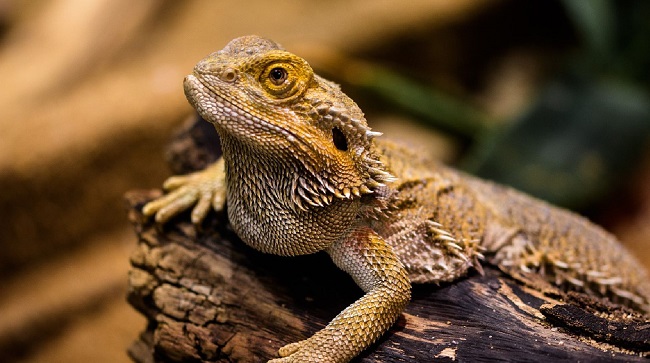Bearded dragons are a popular choice among reptile enthusiasts. Known for their distinctive looks and docile nature, they make intriguing and engaging pets. However, like all pets, bearded dragons come with various costs.
This guide will provide a comprehensive breakdown of the costs associated with owning a bearded dragon, including initial purchase, habitat setup, diet, and healthcare costs.

Initial Cost of Bearded Dragons
The initial cost of purchasing a bearded dragon can vary considerably depending on factors such as age, size, color, and breed. On average, you can expect to pay anywhere from $40 for a juvenile standard bearded dragon to several hundred dollars for a rarer morph from a reputable breeder.
Cost of Habitat Setup
Setting up a suitable environment for a bearded dragon is one of the most significant costs you’ll face. A suitable terrarium will usually cost around $100-$200.
Additional essential equipment includes a UVB light ($20-$60), a basking light ($10-$20), a thermostat ($20-$50), and a hygrometer ($10-$20). Including the cost of decor and substrates, the total setup cost can range between $200 and $500.
Dietary Costs
A balanced bearded dragon diet consists of a mix of vegetables, fruits, and insects. Depending on the age and size of your bearded dragon, expect to spend $20-$50 per month on food.
Healthcare Costs
Veterinary care is crucial to ensure your bearded dragon lives a healthy and long life. Regular check-ups typically cost around $50-$100 per visit.
Additional costs may arise if your pet needs medication, treatment, or special care, which can range from $100 to $500 or more.
Maintenance Costs
There will also be ongoing maintenance costs, such as replacing the UVB light every six months, purchasing new substrate, and occasional upgrades to the enclosure as your bearded dragon grows. These costs can add up to about $100-$200 per year.
Additional Factors Influencing the Cost of Bearded Dragons
Understanding the full cost of bearded dragon ownership requires considering a few additional factors that may influence expenses.
Bearded Dragon Lifespan
A crucial consideration when estimating the lifetime cost of a bearded dragon is their lifespan. Bearded dragons typically live between 8 to 12 years in captivity, meaning that the costs of care, food, and maintenance are long-term commitments.
Unexpected Healthcare Costs
While regular veterinary check-ups are a necessary part of pet ownership, unforeseen health issues can arise, leading to additional costs. B
earded dragons may require treatment for common health problems such as impaction, metabolic bone disease, and parasites. These unexpected healthcare costs can significantly add to the overall cost of owning a bearded dragon.
Supplements and Vitamins
To keep your bearded dragon healthy, you will also need to provide supplements such as calcium and multivitamins. While not particularly expensive (often around $10-$20 per bottle), these are regular expenses that add to the monthly cost of care.
Special Requirements and Enrichment
For your bearded dragon to thrive, they need more than just the basics. Enrichment items such as climbing branches, hammocks, hiding places, and toys can improve their quality of life.
These items vary in cost, but they are an essential part of creating a stimulating and comfortable environment for your pet.
Conclusion
While the initial cost of a bearded dragon might seem manageable, potential owners should be aware of the significant ongoing and upfront costs to provide a suitable environment and care for their pet.
Despite these costs, many owners find that the companionship and unique characteristics of bearded dragons make them well worth the investment.
























